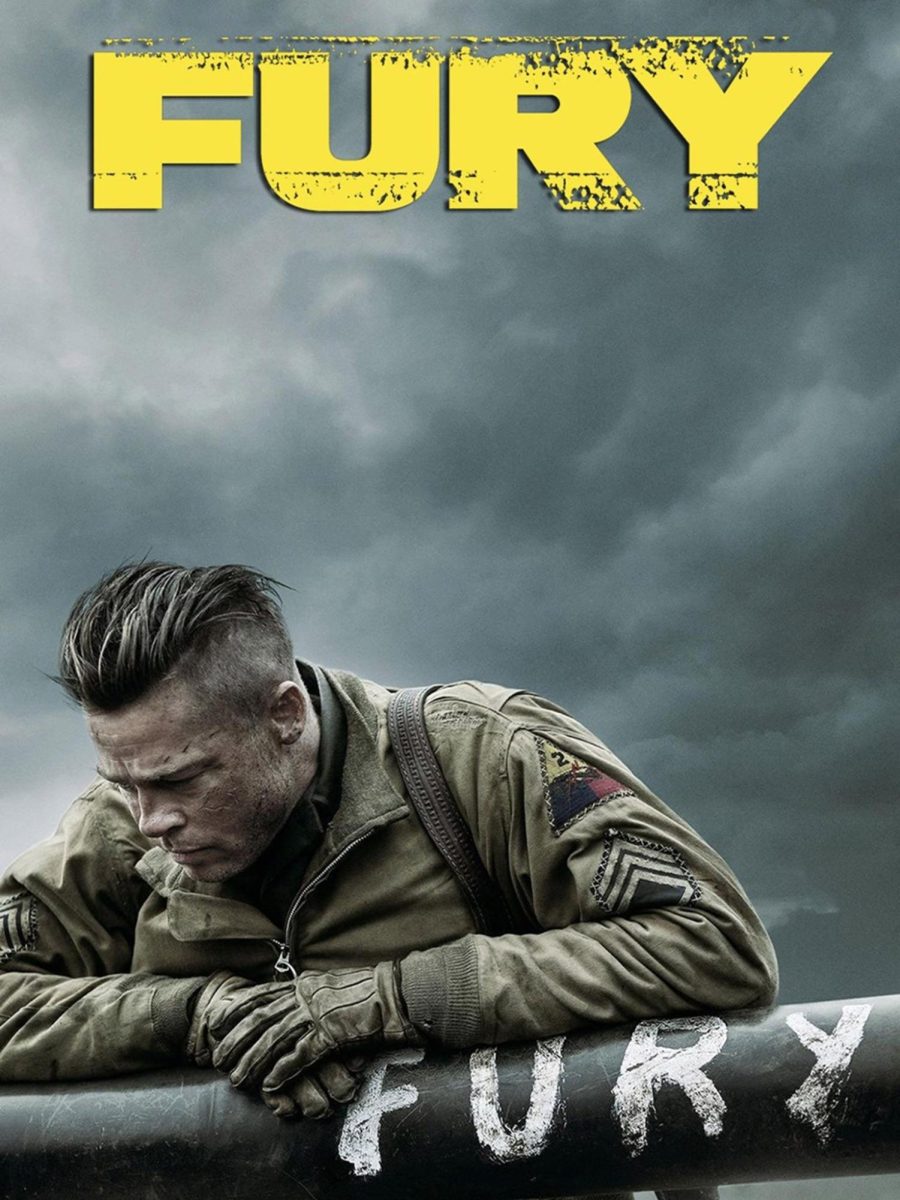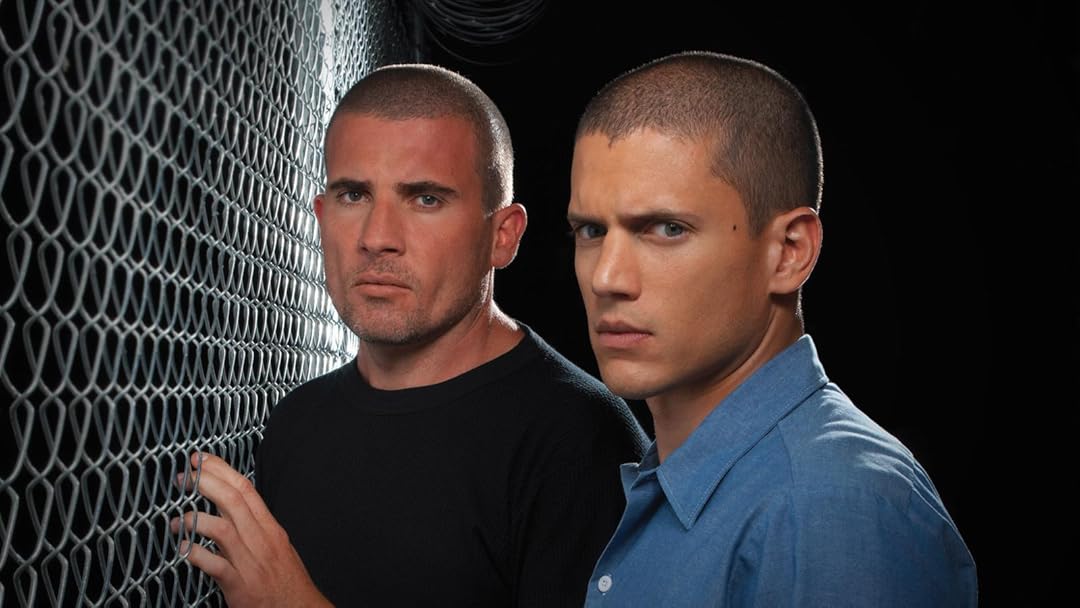Breaking Bad is a huge accomplishment in the prime of television, when characters stick in our brains long after the credits have rolled and storytelling is king. Over ten years after it ended, Vince Gilligan’s masterpiece still draws in new viewers and has a lasting impact on contemporary TV drama.
Fundamentally, Breaking Bad is about Walter White, a seemingly ordinary high school chemistry teacher who, after receiving a terminal cancer diagnosis, turns into the criminal mastermind “Heisenberg.” However, this is not just a tale of a guy gone bad; rather, it is a terrifying examination of ambition, morality, and the frailty of the human spirit.
Its ability to make viewers involved in Walter’s decline is what makes the show so brilliant. We begin to sympathize with his plight and even applaud when he outwits those who would bring him down. However, his hubris rises along with his dominion, and the price is too great to bear. Walter White is not only a villain or a hero; he is us, stripped of our masks, and exposed to the temptation of power.
The way that Bryan Cranston plays Walter White is simply brilliant. Cranston reimagined himself, producing a performance laced with tenderness, wrath, and cold calculation. Cranston is best known for his humorous role in Malcolm in the Middle. His relationship with Jesse Pinkman, played by Aaron Paul, Walter’s devoted but troubled protégé, provides the story with a melancholy foundation that conjures both sad co-dependence and father-son ties.
Breaking Bad is a beautifully written story that keeps you on edge, instead of just a study of characters. The program is excellent at creating tension, from the foreboding beginning of each season to the unexpected turns and heart-stopping endings. The stakes are raised at every turn by Gilligan’s use of visual storytelling, whether it be through the detailed, color-coded clothing or the desolate Albuquerque deserts.
The supporting cast is equally impressive. Frequently unjustly attacked, Skyler White by Anna Gunn is a nuanced character who must balance her own moral compass with her husband’s deceptions. Characters that would have been merely narrative devices in lesser hands are given life by Dean Norris, Betsy Brandt, Giancarlo Esposito, and others.
However, Breaking Bad’s relentless commitment to consequences is what really makes it stand out. Walter White finds no simple salvation in a medium that is frequently fixated on redemption narratives. Every choice he makes has an impact not only on his family but also on strangers, communities, and ultimately his own terrible destiny.
Maybe that’s why Breaking Bad is still so powerful. How far would we go for our loved ones? is one of the hard questions it dares to pose. When does striving for greatness turn into a negative endeavor? Most eerie of all, are we all only a bad day away from going awful?
The legacy of the show is still strong today. Better Call Saul, its spin-off, demonstrated that Gilligan’s world still has a lot to offer by developing the Breaking Bad universe while establishing its own narrative niche. The original series is still regarded as a significant cultural relic, a warning about the darker sides of human ambition and a monument to the storytelling potential of the medium.
Breaking Bad solidifies its status as a timeless masterpiece as new viewers find the program on streaming services and fans rewatch its most memorable scenes. It is a story about us, our imperfections, and our potential for both greatness and destruction, not just about drugs or crime.
So let’s celebrate Breaking Bad, a program that demonstrated that television might be an art form. What are you waiting for if you haven’t already?










